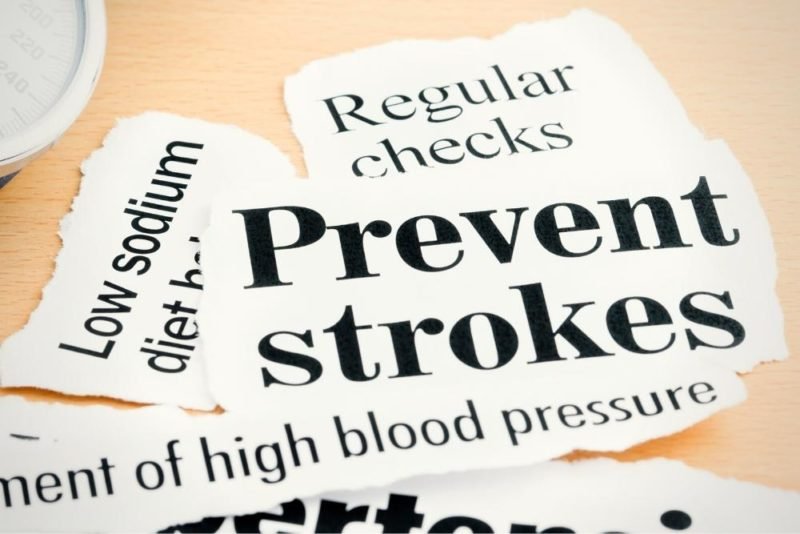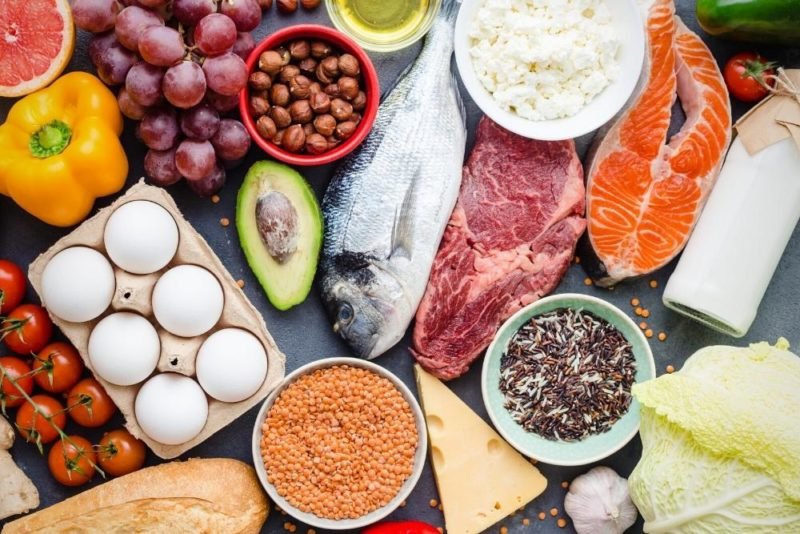Table of Contents
[ad_1]

I when experienced a customer who subscribed to a ton of health-nourishment-wellness e-mail newsletters. She normally observed that her mornings would slip, slip, slip away as she fell down the newsletter rabbit gap. She informed me that she was continuously looking for that a person “secret” to far better wellbeing that her buddies did not know so SHE could be the a single to bestow this newfound knowledge. Sad to say, paying out most mornings looking for this holy grail bought in the way of her actually doing issues that would assist her overall health and wellbeing, like heading for a walk, doing yoga or meditating.
(Just after talking about how if a little something “secret” certainly worked, it wouldn’t be a key, we also agreed that she would unsubscribe from some of those e-mail.)
I have a master’s degree in diet science, and I am clearheaded on the strengths and weaknesses of this science. For example, one particular unlucky truth about diet science that receives dismissed by media coverage of new studies is that it is not generally groundbreaking. It’s prevalent for the relevance of research conclusions to be exaggerated, not just in push releases place out by the universities or other research institutions, but generally in the true research abstracts. (The abstract is the summary of the analyze, the tldr, if you will.)
This is why I almost never (Incredibly seldom) cite a examine if I can’t get my palms on the total text of the analysis paper and consider it for myself. At the very least one particular analysis analyze has assessed how typically abstracts and push releases failed to correctly represent the complete research article. What the authors uncovered was quite pathetic. Element of the challenge is that scientists have to have to justify their funding, and if they need to make their results audio far more significant than they are, then they may possibly do just that.

On the lookout outside of the headlines
I go through content articles in the mainstream media just about every single working day that misrepresent the accurate results of scientific analysis. (This takes place a lot more in newspapers and internet websites, not so a great deal in journals, mostly due to the fact they have for a longer time guide situations and so are much more diligently edited.) When you get to blogs and electronic mail blasts, it can be even worse.
Occasionally, it is the headline that is deceptive, when the article or article is really pretty balanced. Nevertheless, due to the fact several men and women just skim headlines, this is continue to a problem. (Raise your hand if you often in no way make it earlier the headline or it’s possible the to start with paragraph.) This is a single motive why people today are so perplexed about how to try to eat! I’ve invested a good deal of time dealing with the fallout of this misinformation among the my clients.
Typically, that fallout sales opportunities not just to confusion, but to ingesting from a area of worry and judgment relatively than from a area of nurturing and self-treatment. It benefits in earning foods alternatives based on beliefs and self-important thoughts about what and how substantially to take in. It further erodes the ability to have faith in our bodies to explain to us what, and how substantially, to take in on a certain day, or at a particular food. As I usually say to my clients, why and how you consume is normally much more vital than what you consume.

Spoiler inform: there is no magic bullet
If you like to read nourishment information, be watchful about any story that promises that a one research improvements everything we considered we realized about nourishment. If a research completely contradicts all prior analysis on a subject matter, it is attainable that:
- The new review is flawed
- The findings had been uneventful but acquired exaggerated in the push release
- The scientists are on to one thing, but that we’ll need a lot more analysis with equivalent findings to confirm it
Which is a single rule about scientific investigation — other scientists ought to be capable to replicate individuals conclusions. What we know about diet does change in excess of time. Which is the character of the scientific procedure, as we request inquiries, look for responses through research, then use people responses to check with new queries. However, this is a gradual, gradual course of action. Diet science does not change on a dime.
The unsexy real truth about diet is that:
- There’s no just one ideal way to try to eat for every single person.
- Cultivating a balanced relationship with meals may possibly be just as vital (in some circumstances more significant) than the meals by itself.
Healing a fraught, procedures-based mostly partnership with meals will allow you to believe in your body’s wisdom and discover a harmony of “nutritious” foodstuff and “fun” meals that is suitable for you. And like any marriage, it usually takes do the job.
There no magic food items, no magic number of energy, no magic macronutrient ratio. So why do we continue to keep wasting our time hunting for a holy grail as an alternative of investing that time in studying about ourselves and what we really have to have to experience properly?

There is a exclusive put in hell for fat decline investigate
Oh, do not even get me commenced. Oops…too late. If abstracts and institutional push releases are dodgy on lots of studies that have practically nothing to do with pounds loss, they get positively rotten when pounds reduction is the subject matter. Obtain me a body weight reduction research that doesn’t commence out with gloom-and-doom statements about the “ob*sity epidemic” and I’ll try to eat my hat.
In several situations, these statements really do not have a citation to back it up (since we all KNOW that currently being extra fat is the worst issue to at any time come about to health [insert eye roll]), but when they do it is to some other examine that is also producing assumptions. Or, at greatest, speaking about ASSOCIATIONS among excess weight and health and fitness (and, remember, association are unable to demonstrate induce and impact).
It’s a analysis residence of playing cards.
Fatphobia in healthcare…and health science

Fatphobia in health care is a really serious factor, and it also will get super actual in nutrition and well being analysis. I study a lot of investigate on pounds and health as well as on bodyweight stigma, and a several factors are obvious:
- Researchers have not observed a way to eliminate bodyweight and continue to keep it off for the extensive phrase.
- Studies that declare they’ve generated “successful” bodyweight loss prevent pursuing up with individuals proper close to the point the place individuals who shed weight intentionally start regaining it. (Some of this is logistical, because of to review funding running out, but I question if often it is also strategic.)
- Almost no scientific tests on weight and health and fitness take into consideration the unbiased adverse overall health consequences of body weight stigma and yo-yo dieting.
- No studies have demonstrated that previously body fat individuals have the exact same well being — and the similar risk of dying because of to condition — as a somewhat equal group of often-thin people. (This may perhaps partly be simply because of #1.)
- Research that declare to present health and fitness enhancements with a small quantity of pounds reduction (any where from 3-10% of beginning weight), gloss in excess of the idea that points like amplified bodily action and much better meals might have in reality been responsible for noticed wellbeing improvements, not the body weight reduction by itself. (The study on the Diabetic issues Avoidance Application, exactly where most individuals have been ready to sustain increases in actual physical activity and didn’t lose a lot pounds, is a basic case in point.)
(Really do not just choose my term for it, read Ragen Chastain’s short article “Who Says Dieting Fails Most Of The Time?” and “The “I Could Obtain 15 Studies” Fallacy.” Oh, and “Myths About the Failure Amount of Dieting.” And peruse the relaxation of the archives of her “Weight and Healthcare” Substack publication. But really don’t do it when you would usually be using treatment of yourself in tangible ways….like heading for a walk, carrying out yoga, or meditating!
Carrie Dennett is a Pacific Northwest-dependent registered dietitian nutritionist, freelance writer, intuitive having counselor, creator, and speaker. Her superpowers incorporate busting diet myths and empowering gals to come to feel far better in their bodies and make food items decisions that aid enjoyment, nourishment and wellbeing.
 Print This Article
Print This Article
[ad_2]
Resource url







More Stories
10 Reader-Favorite Food & Kitchen Hacks
Middletown health official predicts COVID cases will soon rise
There’s a Physician Shortage In the U.S. Here’s Why